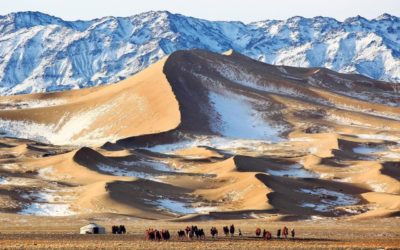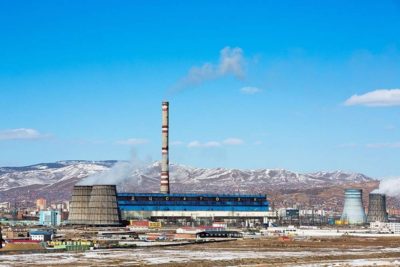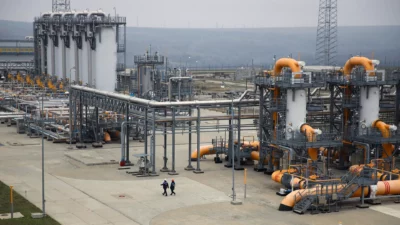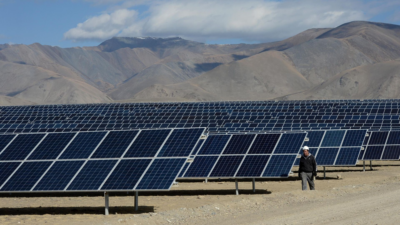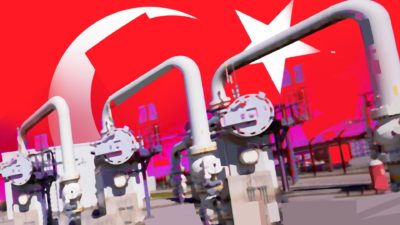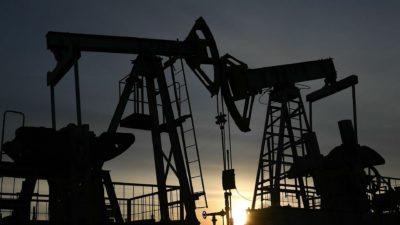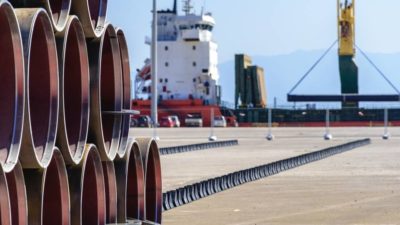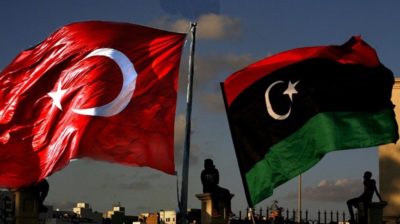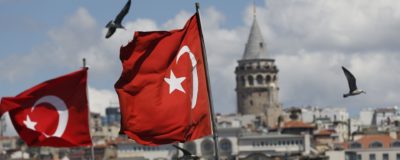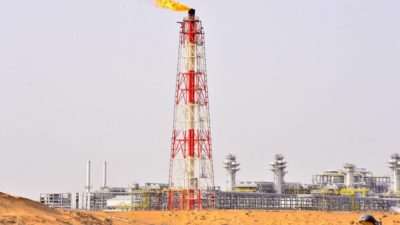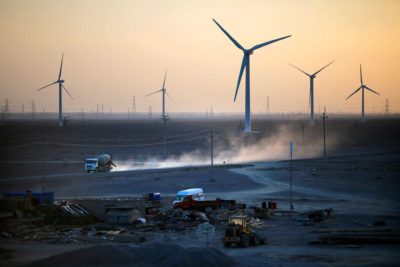The ‘Blue Horse’ of Mongolia and the safety of Lake Baikal – the news is encouraging, but not yet reassuring
The ‘Blue Horse’ is a project noble in its designs, aiming to bring water to those lands where sand dust rules. Nevertheless, despite all the imaginary (and quite real) prospects created for Mongolia by this initiative, its implementation is almost inevitably associated with negative consequences for the vast Baikal region. Is there an optimal way out of this difficult situation?
Thermal power in Mongolia - a past that has found demand in the present
Today, in the era of active development of green energy, which has swept not only developed but also developing countries, traditional energy sources such as brown coal remain important in Mongolia – even though renewable energy sources are being developed in parallel in the country. The authorities of the country, where all major energy facilities were built by foreign (in this case Soviet) specialists many decades ago, have in recent years begun to turn their attention back to thermal power generation, abandoning utopian notions of renewable energy as a universal “panacea” capable of ridding the country of the threat of energy shortages without harming the environment.
Turkmen gas is being transported through Turkey
The struggle for strategic natural resources in post-Soviet Central Asia is reformatting international relations in the region and triggering confrontation between the key players. Turkey is gaining new opportunities on the global stage with the launch of energy transit routes that bypass Russia. Geo-economic and geopolitical significance of natural gas transit routes…
Renewables in Kyrgyzstan: the green future of Central Asia
The years 2023-2024 can confidently be called a “boom” period for the development of solar and wind energy in Kyrgyzstan. One of the word’s leading countries in terms of the share of renewable energy in its energy mix, Kyrgyzstan has recently become a haven for investments in green energy from a wide variety of nations. This all ties in with the ambition of Kyrgyzstan’s government to make the Central Asian republic self-sufficient in terms of energy and then transform into an exporter of electricity.
Turkey Expands Energy Security Diversification
The security of the state includes many components with energy security playing a special role. The degree of development and security of the energy sector determines to a large extent the economic, social and defense aspects of the state. The availability of a country’s own natural energy resources (in particular, oil and gas) and technologies (green energy production, nuclear energy, processing plants) naturally creates both competitive advantages and a sufficient level of energy security and independence…
Turkey abandons oil trade with Russia?..
Against the backdrop of the secondary sanctions adopted by the United States against countries that violate the embargo regime imposed on Russia, since the beginning of 2024 Turkey has started to take actions that are inconsistent with the course of the strategic partnership (at least in the sphere of trade and economic relations), willingly or unwillingly. In particular, we have witnessed the refusal of Turkish banks to accept payments from Russian legal entities and now from Turkish exporters of goods to the Russian market (except for agricultural products). Finally, some Turkish terminals have been refusing to accept…
Could a trans-Caspian pipeline become a reality?
Turkey, currently strengthening its position in the international arena, is seeking to bring about a multipolar world, with itself as the leader of the Turkic pole. As part of its Turan project, Ankara is now focusing its attention on the southeastern area of the post-Soviet space. Technically, it could be said that the relevant international pan-Turkic structure already exists, in the form of the Organization of Turkic States…
Turkish Plans in Libya Hang in the Balance...
Libya’s favorable geographical location (primarily access to the Mediterranean Sea) and rich oil and gas resources attract many key global and regional players, and Türkiye is no exception. Ankara is known to show special attention to Tripoli in the context of strengthening its regional position and gaining access to Libya’s oil and gas resources. President Recep Tayyip Erdoğan chose the president’s side in the civil conflict between…
Washington’s Wars Eroding its Global Clout
If war is politics by other means, Washington’s ongoing wars in the Middle East and Eastern Europe are meant to buttress its global influence on the one hand and undermine its competitors on the other. But the question is: how is this politics by other means working out for Washington? Not so good. Russia’s recent military victories in Ukraine and China’s expansive inroads into the Middle East alongside the growing anti-Americanism in the region (due to Washington’s support for Israel and its inability to prevent a genocide of the Palestinians) indicate an overall…
Turkey’s search for a “historic” alternative to the EU
The question of Turkey’s possible integration with Europe has been under discussion for decades and is one of the most problematic issues in post-war European history. Turkey was one of the founders of the Council of Europe in 1949, has been an “associate member” of the EEC since 1964, and officially applied for EU membership on April 14, 1987, but was only granted candidate status 12 years later, at the Helsinki Summit in 1999. Following the Brussels summit of December 17, 2004, accession negotiations with Turkey began on October 3, 2005. Turkey appears to have harmonized its laws with those of the EU…
Gas for the EU: Turkmenistan seeks new markets
On December 6, 2023, the Intergovernmental Turkmen-Turkish Commission on Economic Cooperation held a meeting in Ashgabat. The participants focused their attention on the prospects of Turkmen gas supplies to Turkey via Iran. Prior to this event, Turkmenistan had expressed its intention to expand gas exports to the West during the Summit of the Organization of Turkic States, which was announced by the Chairman of the Halk Maslakhaty of the Milli Gengesh of Turkmenistan, Gurbanguly Berdimuhamedov, who acted as an observer. Incidentally, Trans-Caspian supply routes were mentioned at that time…
Developing Partnership between Uzbekistan and Saudi Arabia in a New Era for Central Asia
In 1991, Saudi Arabia was one of the first countries to recognize Uzbekistan as a new independent Central Asian republic, marking a significant milestone in the modern history of relations between the two nations. During the 1990s and 2010s, the two countries cooperated on several occasions. One notable example is Uzbekistan’s active participation in so-called mosque diplomacy, which involved the construction of religious sites in several states with large Muslim communities, funded by Saudi Arabia…
